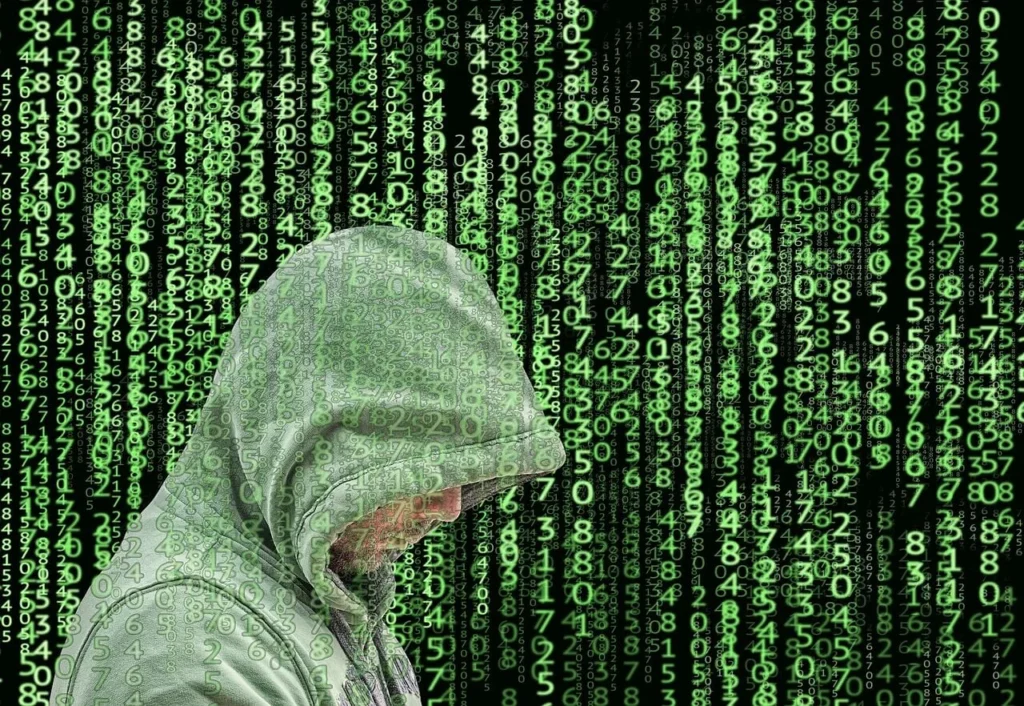The U.S. Department of Justice announced the indictment of several members of Russia’s GRU Unit 29155 for their alleged role in a series of cyberattacks on Ukrainian government. This initiative, known as Operation Toy Soldier, highlights the ongoing threat posed by state-sponsored cyber activity, particularly Russia’s invasion of Ukraine.Â
The indictment, unsealed recently by a grand jury in Maryland, charges six individuals, five of whom are military officers from the Russian Main Intelligence Directorate (GRU), with conspiring to hack into Ukrainian computer systems. The sixth individual, a civilian, is already facing charges related to conspiracy to commit computer intrusion and has now been added to the wire fraud conspiracy charges.Â
Operation Toy Soldier: The Cyberattacks, Tactics and Targets
The indictment alleges that these hackers conspired to infiltrate, extract data from, and damage computer systems connected to the Ukrainian government. Their actions aimed to instill fear among Ukrainian citizens regarding the security of their government systems and personal data. Notably, the targeted systems were not military-related but rather included various government agencies vital to public welfare and infrastructure.Â
“Operation Toy Soldier underscores the GRU’s malicious intent, exemplified by their WhisperGate campaign,†stated Assistant Attorney General Matthew G. Olsen of the National Security Division. This campaign not only affected Ukraine but also extended its reach to 26 North Atlantic Treaty Organization (NATO) countries that provided support to Ukraine. The hackers’ broader strategy was to destabilize any support mechanisms that the West offered to Ukraine amidst escalating conflict.Â
On January 13, 2022, the defendants allegedly utilized services from a U.S.-based company to deploy malware disguised as ransomware, known as “WhisperGate.†Contrary to typical ransomware, WhisperGate was designed to obliterate entire systems rather than merely hold them hostage for financial gain. Various key Ukrainian ministries, including the Ministry of Internal Affairs and the Ministry of Energy, fell victim to these attacks, leading to extensive data breaches.Â
The Aftermath: Data Breaches and Public Messaging
The indictment further reveals that the defendants not only exfiltrated sensitive data, including personal health records, but also defaced numerous websites. They sent alarming messages to the Ukrainian public, stating, “Ukrainians! All information about you has become public; be afraid and expect the worst. This is for your past, present, and future.†Such tactics were designed to spread panic and erode trust in the Ukrainian government.Â
The U.S. government, in solidarity with its allies, condemned these cyber activities soon after they were attributed to the Russian military. The attacks marked a new phase of aggressive cyber warfare, which is becoming increasingly prevalent in global conflicts. By targeting critical infrastructure and government systems, the attackers aimed to undermine the operational effectiveness of Ukraine during a time of crisis.Â
International Response and Law Enforcement Action
In response to these developments, the U.S. Department of State’s Rewards for Justice program is now offering a reward of up to $10 million for information leading to the identification or location of the defendants or their associates involved in these malicious activities. This initiative aims to gather crucial intelligence that could aid in countering such cyber threats.Â
FBI Deputy Director Paul Abbate emphasized the agency’s commitment to thwarting GRU attacks globally, stating, “Our work protecting against cyber threats in a rapidly evolving landscape continues, including the deployment of all tools in our arsenal.†This sentiment echoes a broader commitment within U.S. law enforcement to adapt and respond to the changing nature of cyber threats.Â
Additionally, the case is being prosecuted by Assistant U.S. Attorneys from the District of Maryland with assistance from the National Security Division’s Cyber Section. The cooperative effort also involves the FBI’s Baltimore Field Office, alongside support from other field offices, demonstrating the multi-faceted approach necessary to tackle complex international cybercrimes.Â
Conclusion
The actions of the Russian hackers have raised questions cybersecurity community, not just for their immediate impact on Ukraine but for their potential ramifications on global security. The attacks highlight vulnerabilities not only in Ukrainian infrastructure but also in systems across NATO countries.Â
Operation Toy Soldier represents a crucial step in addressing the pervasive threat of state-sponsored cyberattacks. With the indictment of Russian GRU members, the U.S. demonstrates its resolve to combat cyber intrusions that threaten not only national security but also the integrity of democratic institutions worldwide.Â
Source: Read More

